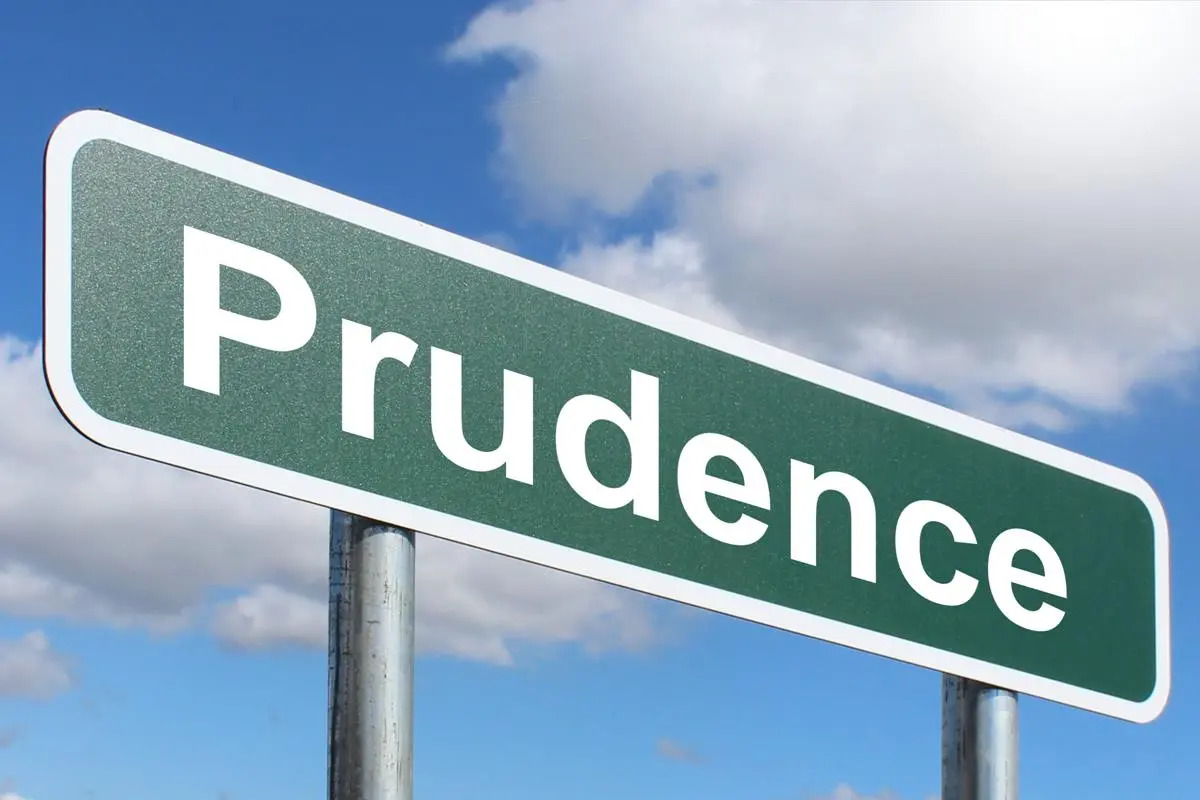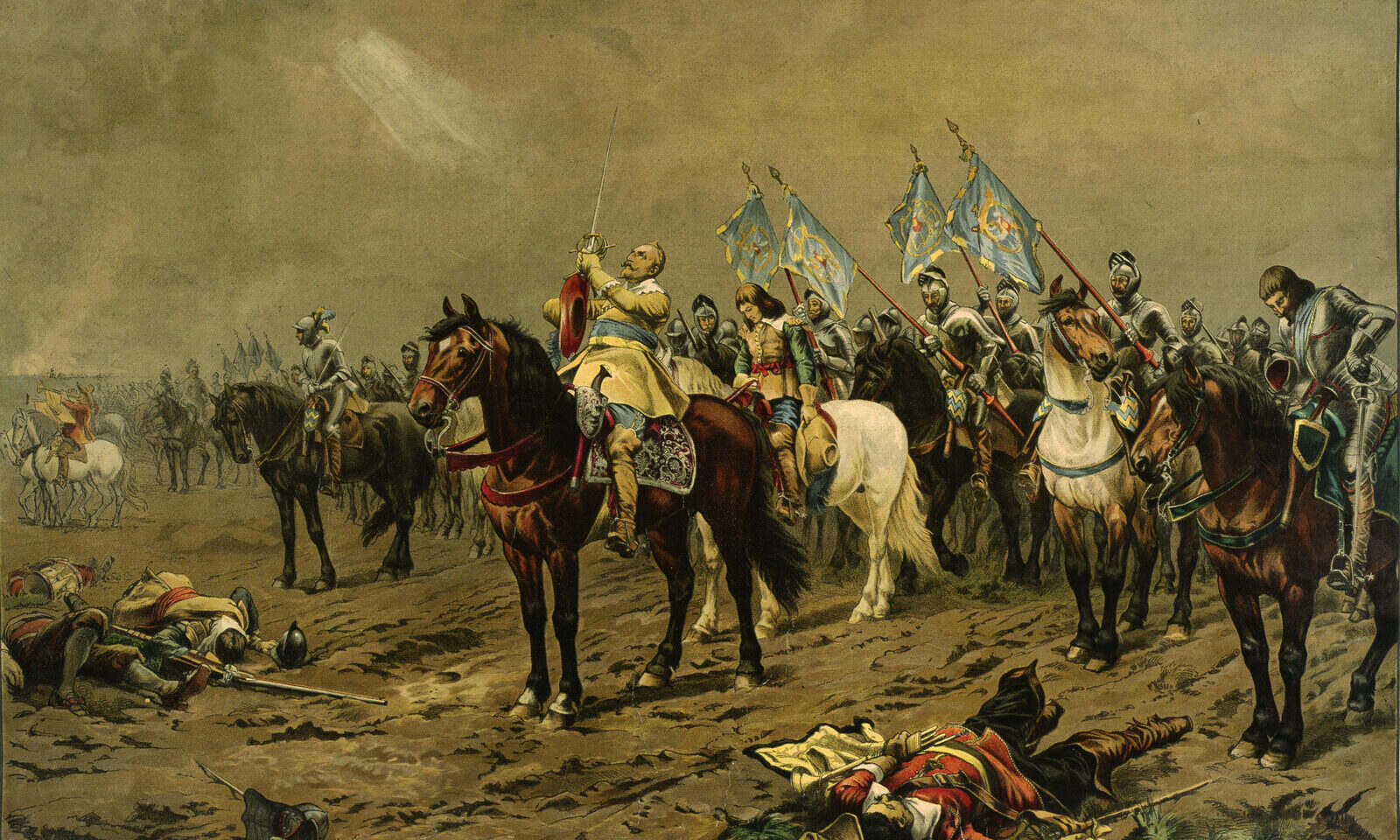
Prudence—a word often associated with wisdom and careful judgment. But what does it really mean to be prudent? Prudence isn't just about playing it safe; it's about making thoughtful decisions that balance risk and reward. Imagine having a superpower that helps you navigate life's challenges with grace and foresight. That's prudence in action! From ancient philosophers like Aristotle to modern-day thinkers, the concept has been celebrated as a cornerstone of good character. Whether you're managing finances, relationships, or daily choices, a touch of prudence can make all the difference. Ready to dive into 40 intriguing facts about this timeless virtue? Let's get started!
What is Prudence?
Prudence is often described as the ability to govern and discipline oneself through the use of reason. It is one of the four cardinal virtues in classical philosophy and is considered essential for making wise decisions. Here are some intriguing facts about prudence that highlight its importance and application in various aspects of life.
-
Prudence is derived from the Latin word "prudentia," which means foresight or sagacity. This virtue emphasizes careful judgment and the ability to foresee potential consequences.
-
In ancient Greek philosophy, prudence is known as "phronesis." Aristotle considered it a key virtue necessary for achieving eudaimonia, or a flourishing life.
-
Prudence is one of the four cardinal virtues, along with justice, fortitude, and temperance. These virtues are considered fundamental in classical philosophy and Christian theology.
-
Thomas Aquinas, a medieval philosopher, described prudence as "right reason in action." He believed it was essential for making moral decisions.
-
Prudence involves three stages: deliberation, judgment, and execution. This process helps individuals make well-considered decisions.
-
In the context of business, prudence is often associated with risk management. Companies that practice prudence are more likely to make sustainable and ethical decisions.
-
Prudence is not just about caution; it also involves taking calculated risks when necessary. This balance is crucial for personal and professional growth.
-
The opposite of prudence is recklessness. While prudence involves careful consideration, recklessness is characterized by impulsive and thoughtless actions.
-
Prudence is often linked with wisdom. While wisdom involves knowing what is true and right, prudence is the practical application of that knowledge.
-
In literature, prudence is a common theme. Characters who exhibit prudence often serve as role models, while those who lack it face dire consequences.
Historical Perspectives on Prudence
Throughout history, prudence has been a valued trait in leaders, philosophers, and everyday individuals. Let's explore how different cultures and eras have viewed this virtue.
-
In ancient Rome, prudence was personified as the goddess Prudentia. She was often depicted holding a mirror and a snake, symbolizing self-awareness and wisdom.
-
Confucius, the Chinese philosopher, emphasized prudence in his teachings. He believed that careful consideration and moral integrity were essential for good governance.
-
During the Renaissance, prudence was depicted in art as one of the cardinal virtues. Artists like Raphael and Botticelli included representations of prudence in their works.
-
In medieval literature, prudence was often portrayed as a guiding principle for knights and nobles. It was considered essential for maintaining honor and integrity.
-
The Enlightenment period saw a renewed interest in prudence. Philosophers like John Locke and Immanuel Kant discussed the importance of reason and careful judgment.
-
In Native American cultures, prudence is often linked with the concept of "walking in balance." This idea emphasizes harmony with nature and thoughtful decision-making.
-
The Stoics, a group of ancient Greek philosophers, believed that prudence was essential for achieving a virtuous life. They taught that one should act in accordance with reason and nature.
-
In Islamic philosophy, prudence is known as "hikmah." It is considered a key virtue for achieving moral and spiritual excellence.
-
The Victorian era placed a high value on prudence, especially in matters of finance and social conduct. Prudence was seen as a mark of respectability and good character.
-
In modern times, prudence continues to be a valued trait in leaders and public figures. It is often associated with responsible governance and ethical decision-making.
Prudence in Everyday Life
Prudence isn't just for philosophers and leaders; it plays a crucial role in our daily lives. Here are some ways prudence can impact everyday decisions and actions.
-
Prudence helps individuals manage their finances wisely. By budgeting and saving, people can avoid debt and achieve financial stability.
-
In relationships, prudence involves thoughtful communication and consideration of others' feelings. This can lead to healthier and more fulfilling connections.
-
Prudence is essential for time management. By prioritizing tasks and setting realistic goals, individuals can increase productivity and reduce stress.
-
Health and wellness decisions often require prudence. Making informed choices about diet, exercise, and medical care can lead to a longer, healthier life.
-
Prudence can help individuals navigate social media responsibly. By thinking before posting, people can avoid misunderstandings and maintain a positive online presence.
-
In education, prudence involves choosing the right courses and study methods. This can lead to better academic performance and career opportunities.
-
Prudence is crucial for personal safety. By being aware of one's surroundings and taking precautions, individuals can avoid accidents and dangerous situations.
-
Environmental stewardship requires prudence. Making sustainable choices, like recycling and conserving energy, can help protect the planet for future generations.
-
Prudence can enhance problem-solving skills. By carefully analyzing situations and considering various solutions, individuals can make more effective decisions.
-
In hobbies and leisure activities, prudence can lead to greater enjoyment and fulfillment. By setting boundaries and balancing interests, people can avoid burnout and maintain a healthy lifestyle.
The Benefits of Practicing Prudence
Practicing prudence can lead to numerous benefits, both personally and professionally. Here are some advantages of cultivating this important virtue.
-
Prudence can lead to better mental health. By reducing impulsive behavior and making thoughtful decisions, individuals can experience less stress and anxiety.
-
Practicing prudence can improve relationships. Thoughtful communication and consideration of others' needs can lead to stronger, more supportive connections.
-
Prudence can enhance career success. By making strategic decisions and managing risks, individuals can achieve their professional goals more effectively.
-
Financial stability is often a result of prudence. By budgeting and saving, people can build wealth and achieve long-term financial security.
-
Prudence can lead to greater self-discipline. By practicing careful judgment and self-control, individuals can develop habits that contribute to personal growth.
-
Practicing prudence can increase resilience. By anticipating potential challenges and preparing for them, individuals can better cope with adversity.
-
Prudence can enhance creativity. By carefully considering different perspectives and possibilities, individuals can come up with innovative solutions and ideas.
-
Practicing prudence can lead to a more balanced life. By setting priorities and making thoughtful choices, individuals can achieve a healthier work-life balance.
-
Prudence can contribute to ethical behavior. By considering the consequences of one's actions, individuals can make decisions that align with their values and principles.
-
Practicing prudence can lead to greater overall satisfaction. By making thoughtful decisions and managing risks, individuals can achieve their goals and live a more fulfilling life.
The Final Word on Prudence
Prudence isn't just a fancy word; it's a way of life. It means making smart choices, thinking ahead, and avoiding unnecessary risks. From ancient philosophers to modern thinkers, prudence has always been valued. It helps us navigate tricky situations and make decisions that benefit us in the long run. Whether it's managing money, relationships, or daily tasks, a bit of prudence can go a long way. So next time you're faced with a tough decision, remember to take a step back, weigh your options, and choose wisely. Practicing prudence can lead to a more balanced, fulfilling life. Keep these facts in mind, and you'll be well on your way to mastering the art of prudent living.
Was this page helpful?
Our commitment to delivering trustworthy and engaging content is at the heart of what we do. Each fact on our site is contributed by real users like you, bringing a wealth of diverse insights and information. To ensure the highest standards of accuracy and reliability, our dedicated editors meticulously review each submission. This process guarantees that the facts we share are not only fascinating but also credible. Trust in our commitment to quality and authenticity as you explore and learn with us.


